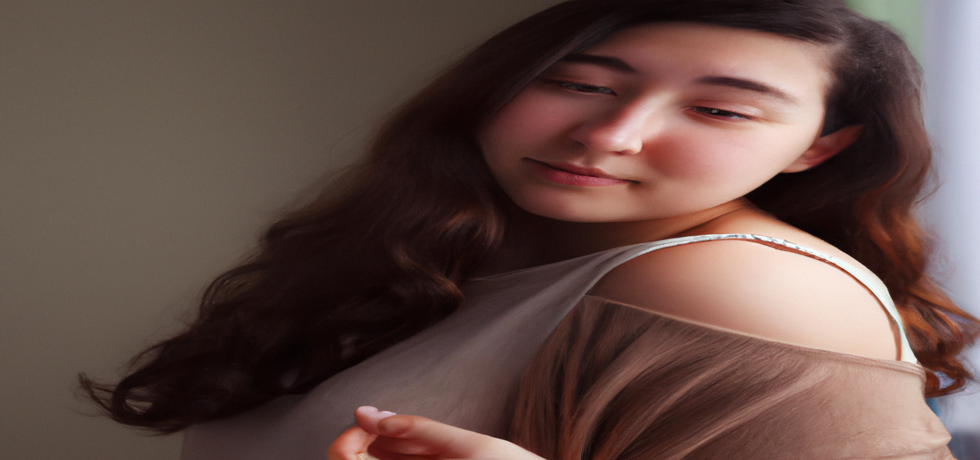
Understanding Stress-Related Hair Loss: Causes, Symptoms & Solutions
Introduction to Stress and Hair Loss
Stress is a common issue in our fast-paced lives, and it can have surprising effects on our health, including our hair. Have you ever noticed more strands of hair on your comb or scattered around the bathroom after a particularly stressful week? Youre not alone. Understanding stress-related hair loss is crucial for both prevention and treatment. In this blog, we will delve into the causes and symptoms of hair loss triggered by stress and explore effective solutions to help you regain your hair health.
How Stress Impacts Hair Health
Stress can disrupt the natural hair growth cycle. When the body undergoes stress, it tends to divert energy and resources away from processes like hair growth, leading to increased hair shedding. This is often seen in conditions like telogen effluvium, where premature hair loss occurs due to stress. Notably, hair loss doesn’t happen immediately; it can take several weeks or even months after a stressful event for the impact to manifest, meaning you could be unaware of the connection.
Identifying Symptoms of Stress-Related Hair Loss
One of the most noticeable signs of hair loss due to stress is an increase in the number of hairs that fall out during washing or styling. If you find that more than 100 strands of hair are ending up in your brush or clogging the drain, it may be time to assess the stress levels in your life. Additionally, if you are experiencing thinning across your scalp or bald patches, it may be indicative of conditions like trichotillomania or alopecia areata, which can be exacerbated by emotional turmoil and stress.
Common Types of Stress-Related Hair Loss
Stress-induced hair loss generally falls into a few categories.
- Telogen Effluvium: This is the most common form where a significant number of hair follicles enter the resting phase prematurely due to stress.
- Trichotillomania: An irresistible urge to pull out hair, often a response to emotional stress or anxiety, leading to noticeable thinning.
- Alopecia Areata: An autoimmune condition where stress can trigger the body’s immune system to attack hair follicles, resulting in patchy hair loss.
Effective Solutions to Combat Hair Loss Due to Stress
Addressing stress-related hair loss involves a multifaceted approach. Here are several solutions that can make a significant difference:
1. Stress Management Techniques
Techniques such as mindfulness, meditation, yoga, and regular exercise can greatly reduce stress levels. These methods not only help enhance your mental well-being but also promote healthy hair growth by stabilizing hormone levels.
2. Nutritional Support
Your diet plays a crucial role in hair health. Consuming a balanced diet rich in vitamins and minerals such as iron, zinc, vitamin D, and certain B vitamins can bolster hair growth. Make sure to incorporate foods that support hair health into your meals.
3. Skincare Regimen
Adopting a good hair care routine is essential. Use gentle, nourishing products to avoid further hair damage. Regularly massage your scalp and consider natural remedies like castor oil or essential oils, known for their potential benefits on hair strength and volume.
4. Professional Guidance
If you suspect that your hair loss may be severe or persistent, consulting with a dermatologist or a trichologist can provide tailored advice. They can recommend treatments, such as topical medications that may assist in hair regrowth.
Will My Hair Grow Back?
The encouraging news is that hair loss due to stress is typically temporary. Once the stressors are addressed and the body returns to a state of balance, hair regrowth can occur. With consistent care and management, it is feasible to restore your natural hair health.
Conclusion
Understanding the connection between stress and hair loss is the first step toward combatting this frustrating issue. By implementing stress management techniques, focusing on nutrition, and adopting a good hair care routine, you can pave the way for recovery. Remember, seeking professional advice is always a wise step in your journey to regaining healthy hair. Take charge of your health today, and dont hesitate to reach out for help when needed.
For professional assistance and expert advice from leading dermatologists like Dr. Hital Patel, experience the benefits of understanding stress-related hair loss with Hair & Skin Specialist Dr. Hital Patel at The Skin Artistry. Our clinics in PDPU Gandhinagar, Vastrapur Ahmedabad and Hyderabad (Visiting Consultant) offer top-quality care and personalized treatments. Visit us today to learn more about our services and take advantage of our special offers! For more insights, updates, or to collaborate, stay connected with The Skin Artistry.

